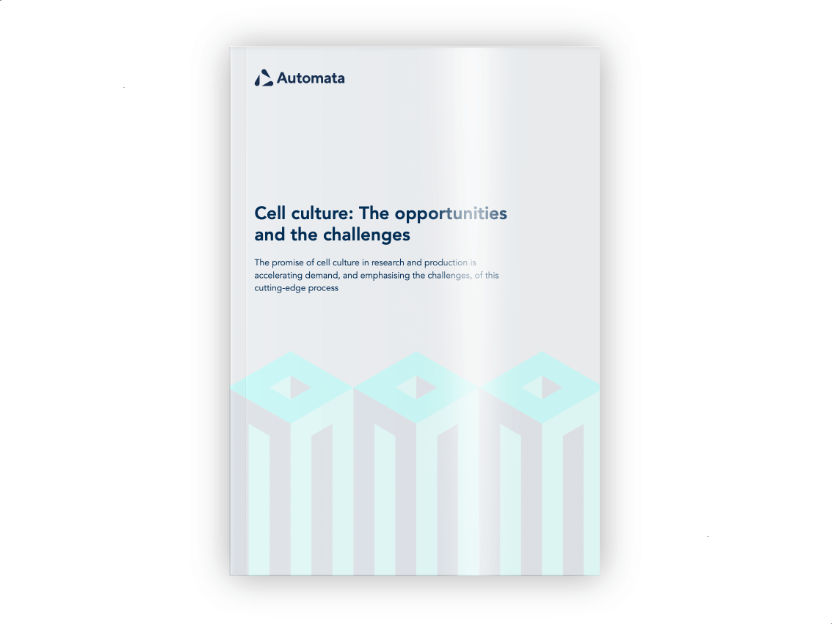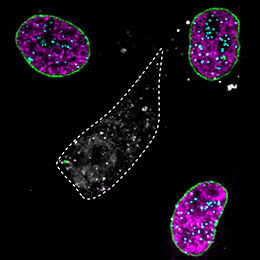Cytori's Celution System Under Evaluation for Breast Augmentation as Part of Investigator Initiated Study
A new study underway in Japan will examine the effect of adult stem and regenerative cells derived from adipose tissue in breast augmentation. In this investigational procedure, a patient's breast is augmented with her own liposuctioned fat, which has been combined and enhanced with her own adipose-derived stem and regenerative cells. These cells are made available at the time of surgery using the Celution(TM) System - an investigational device developed by Cytori Therapeutics. This independent, investigator-initiated study is being sponsored by Tatsuro Kamakura, MD, Chief Medical Officer of Cosmetic Surgery Seishin in Japan.
Fat, known medically as adipose tissue, is one of the body's richest and most accessible sources of regenerative cells. Adipose-derived regenerative cells include adult stem cells in addition to other important cell types that have been shown pre-clinically to improve tissue retention compared to non 'cell enhanced' tissue transfers. For this reason, these cells potentially may improve and simplify traditionally complex fat transfer procedures as well as enable more predictable outcomes and graph retention when applied to cosmetic and reconstructive surgery.
The study will enroll 20 patients, all of whom will undergo a standardized cell enhanced fat tissue transplantation procedure, whereby the cells are processed with Cytori's Celution(TM) System. The primary endpoints will be cosmetic improvement volume retention at nine months. The study is being sponsored by Dr. Kamakura. Clinical research is ongoing for breast reconstruction in partial mastectomy patients. The Celution(TM) System was evaluated in an 11-patient investigator-initiated safety and feasibility study, designated as RESTORE I, conducted in Japan. This study evaluated adipose-derived stem and regenerative cells extracted and processed with the Celution(TM) System to treat the complications of surgery and radiation damage following partial mastectomy.
Organizations
Other news from the department research and development

Get the life science industry in your inbox
By submitting this form you agree that LUMITOS AG will send you the newsletter(s) selected above by email. Your data will not be passed on to third parties. Your data will be stored and processed in accordance with our data protection regulations. LUMITOS may contact you by email for the purpose of advertising or market and opinion surveys. You can revoke your consent at any time without giving reasons to LUMITOS AG, Ernst-Augustin-Str. 2, 12489 Berlin, Germany or by e-mail at revoke@lumitos.com with effect for the future. In addition, each email contains a link to unsubscribe from the corresponding newsletter.
Most read news
More news from our other portals
Last viewed contents
Evolva selected to acquire certain Fluxome assets
Using microbes for the quick clean up of dirty oil

Cell culture: The opportunities and the challenges - The promise of cell culture is accelerating demand, and emphasising the challenges, of this process
Category:Cannabinoids
VEGF_receptors
Category:EC_6.3.5
Stafford_Lightman
Microbiology
Synthon sued for infringing certain patents for Copaxone - Synthon intends to defend vigorously
Zav/Zavah



















































